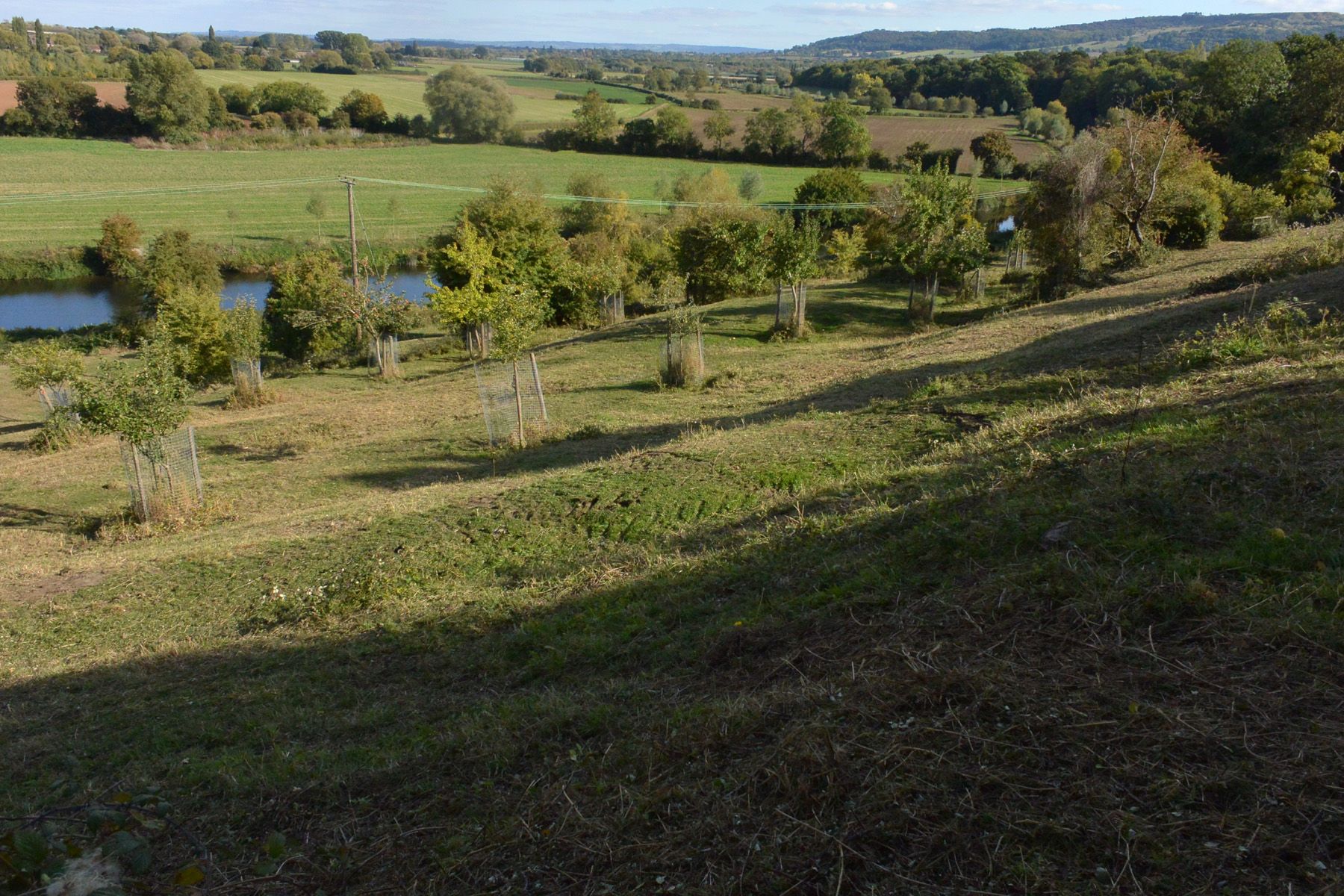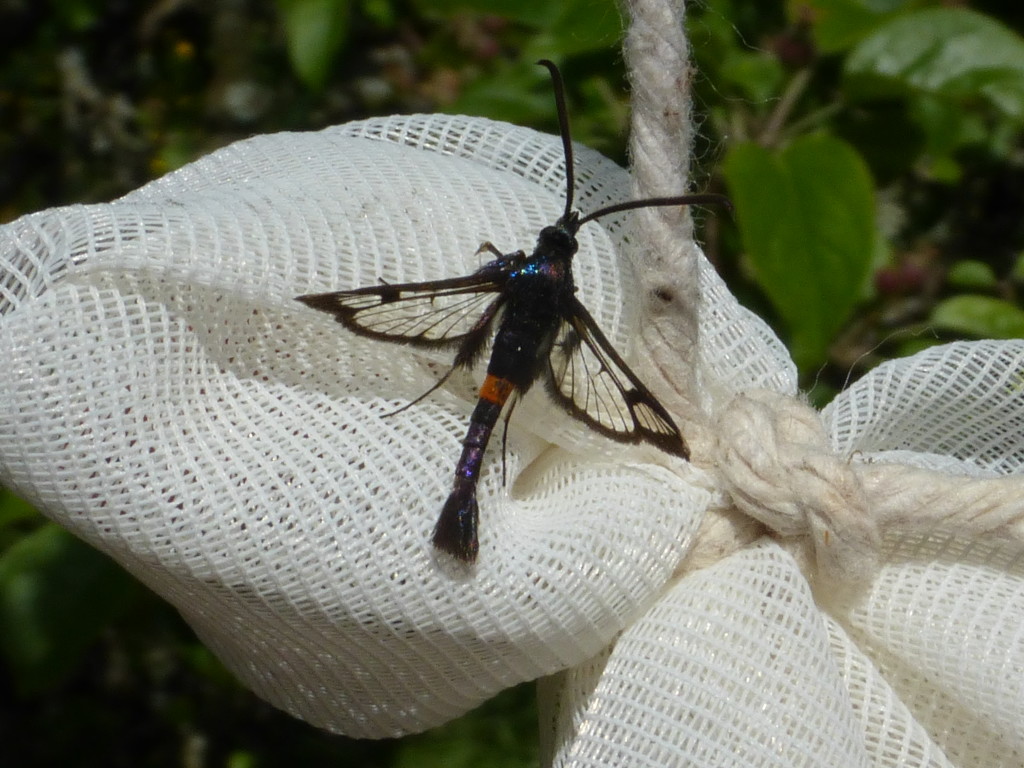Rough Hill orchard

Rough Hill is our hidden wildlife haven on the banks of the River Avon in Worcestershire. It was rescued from neglect by PTES 15 years ago.
Thanks to your donations we’re transforming this area from a piece of land invaded by scrub with many dead and dying trees, to a fine example of a traditional orchard and wildlife reserve.
Rough Hill orchard is a work in progress, although we’ve achieved a lot over the years including reinstating grazing, planting 90 new fruit trees (of local varieties), and battling the ever encroaching scrub. Scrub itself is an important habitat for nesting birds, small mammals and other wildlife but we have to strike a delicate balance between preserving an important haven for wildlife and making sure that there isn’t so much that it ceases to be an orchard. Similarly, mistletoe requires careful management. We have to retain enough to ensure there is plenty of habitat for the insects that rely on it but without damaging the fruit trees themselves.
It’s a tricky site as it is on a very steep slope and the old trees are just that, very old, and many have died or have fallen over. Whilst they are undoubtedly amazing dead wood habitat, it’s important to plant new fruit trees to provide the continuous habitat. The orchard is home to a number of rare and interesting species. It’s particularly important for saproxylic (dead wood loving) invertebrates because of the old trees which have lots of rot holes and splits.
Help us to nurture nature at Rough Hill by supporting us.
Latest news
Why is Rough Hill so special?
Traditional Orchards are a priority habitat for conservation. They are a haven for wildlife especially those species which rely on dead wood, yet they’re sadly in decline across the UK.
The insects of Rough Hill have featured in a recent scientific article about saproxylic (dead wood loving) insects by Keith Alexander, in collaboration with Laura Bower at PTES, published in the British Journal of Entomological Natural History.

The orchard floor is also of national significance. Unimproved pasture of this kind, once common-place in the UK, is now an extremely rare type of habitat. Compared to 1947 only 3% remains today. Even though much of the grassland at Rough Hill has been over run by scrub, it still manages to support over 110 species of plants, including agrimony, black knapweed, quaking grass, and great dodder.
Photo: Red belted clearwing
Visit us and find out more
If you’d like to see the site for yourself, or even volunteer with us, please contact laura.bower@ptes.org for more details. We can also advise on how to manage a traditional orchard – please contact steve.oram@ptes.org.
Thank you for helping us keep Rough Hill orchard a haven for wildlife. If you’d like to support this work, please donate or set up a direct debit here today.
